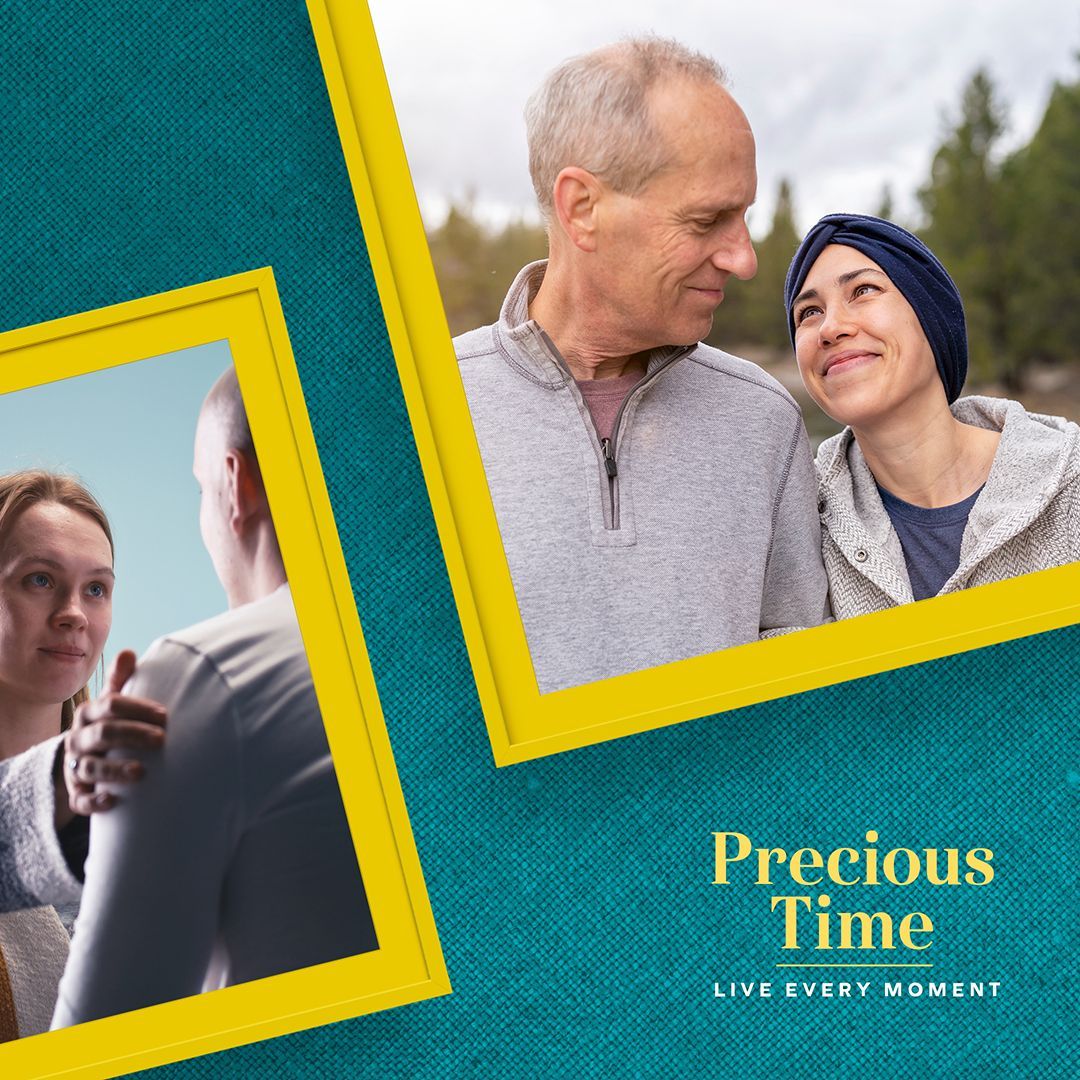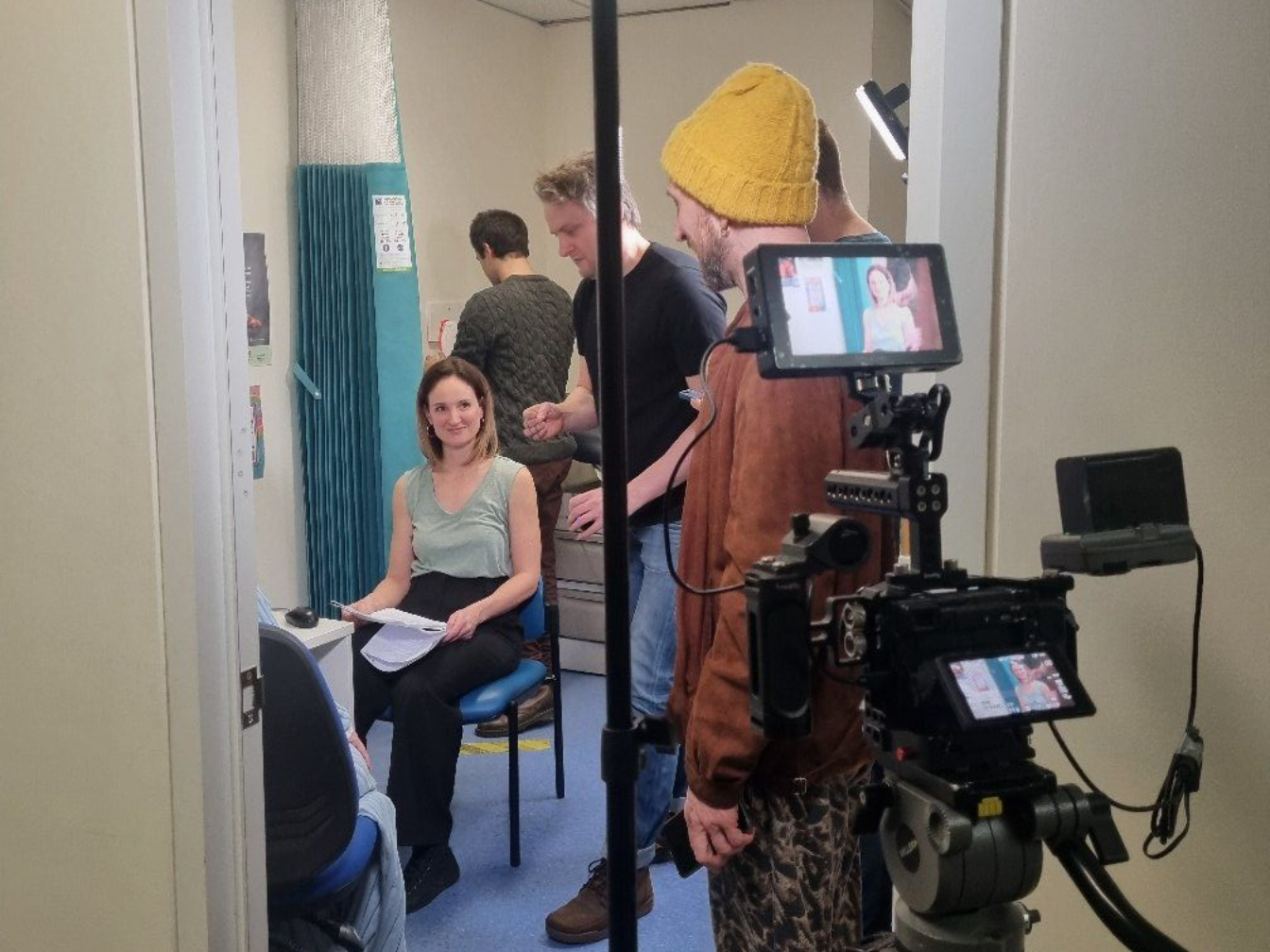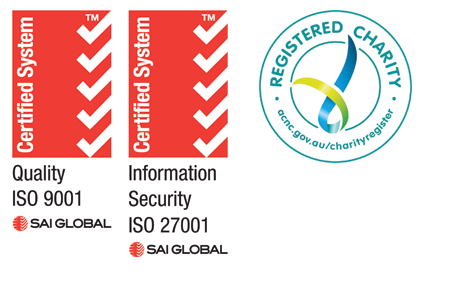Reshaping our response
By Andrew Masterson
NWMPHN is committed to careful, evidence-based and transparent investment of taxpayer funds in the commission of collaborative and innovative health care services.
All such services – whether broad or localised in deployment, and whether concerned with physical or mental health – are rolled out only after detailed planning, consultation, budgeting and due diligence.
Once in operation, NWMPHN is committed to conducting – or appointing external bodies to conduct – periodic evaluations.
These evaluations provide detailed, data-based and qualitative assessments of how commissioned projects are delivering in relation to their stated aims. The findings then inform subsequent decisions – which might be to continue, expand, adjust it; cede further funding; or bring the activity to a close.
This last option is always a matter of clear-eyed assessment. A lot of work and planning goes into the design of all projects – motivated, at the deepest level, by a strong desire to make people’s lives better.
This year saw three significant programs come to an end – two following NWMPHN-initiated evaluations, and one as the result of decisions arising from recognition that services offered needed to evolve.
In 2022, as part of the Australian Government’s Greater Choice for At Home Palliative Care initiative, and on recommendation from a “Dying well” consumer panel, NWMPHN built a website called Precious Time. The site was geared to providing help and support to people in the catchment with life-limiting conditions.

Picture: Precious Time promotional graphic
In 2024-25 a rigorous assessment found that, even though the site had garnered much praise and had even won a design award, the decision was taken to archive the material and decommission the site. The projected cost of continued hosting, maintenance and promoting Precious Time could not be justified in the expectation of user base growth.
“At its peak there were over 400 mainly local organisations listed on the site, all of which strived to meet the needs of terminally ill people, their families and carers,” said Sarah O’Leary, Director, Integrated Care
“The fact that engagement from the community was less than we predicted did not mean the project was a failure. Rather it provided strong insight and knowledge into the types of information and help most sought by people receiving palliative care.
“We are working now on integrating those insights in our continuing work in this field.”
Also ended this year was a secondary consult service initiated as part of NWMPHN’s response to family violence.
The service was an extension of the organisation’s Primary Care Pathways to Safety program – a long-running project focused on building and improving general practice responses to family violence.
The secondary consult service arose after feedback from participants in the original program indicated that some primary care providers might seek expert opinions on optimal ways to help patients who were impacted by such violence.
NWMPHN commissioned two family violence specialist services – Berry Street and GenWest – to provide consulting and service navigation support for general practices within the catchment. Initially the program focused on supporting general practice. However, this remit broadened to include allied health and pharmacy services.
After 12 months, evaluation, including feedback from the specialists, revealed a very low volume of calls, so the decision was made not renew funding for a second year.
“The response to the secondary consult service was disappointing, given what we had heard about the need during the previous program,” said Jess Holman, Director, Primary Health Care Improvement
“However, we have undertaken a thorough review including consultation with general practice and other providers about some of the barriers to engagement that have given us really valuable insights that we can apply to other programs.
“Our remit is to make sure funding dollars are used carefully and optimally, and this decision frees up resources to use in other ways to support general practice capability to deal with family violence.”
Another significant change to NWMPHN’s range of activities was the decision to step back, after nine years, from leadership of the Victorian HIV and Hepatitis Integrated Training And Learning (VHHITAL) program.
The program delivered comprehensive education and training for the primary health care workforce for the diagnosis, treatment and management of HIV, hepatitis B, hepatitis C and other sexually transmitted infections.
Training was delivered by partner organisations such as the Australasian Society for HIV, Viral Hepatitis and Sexual Health Medicine (ASHM), Doherty Institue, Melbourne Sexual Health Centre and the Alfred Hospital in collaboration with other primary health networks.
The Victorian Department of Health has released a tender to continue the important work of training s100 prescribers and continuing to build capability of primary care professionals in the area of HIV, BBV and STIs.
Victorian PHNs will continue to address local needs and connect the workforce with specialist services such as those provided by VHHITAL partners.
“VHHITAL has been an effective platform for connecting the primary health care workforce with educational providers and sector experts for almost a decade,” said Bianca Bell, Executive Director, Health Systems Integration.
“We’re really proud of VHHITAL’s achievements, but it was an appropriate time for NWMPHN to step away from its leadership role in this area. The system has changed significantly since VHHITAL was formed in 2016, as has the role of PHNs within it.
“We will of course continue to support and promote education and training opportunities in the field of sexual health, and look forward to future collaborations with VHHITAL consortia partners and other providers.”




